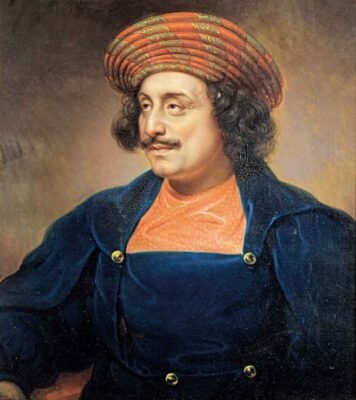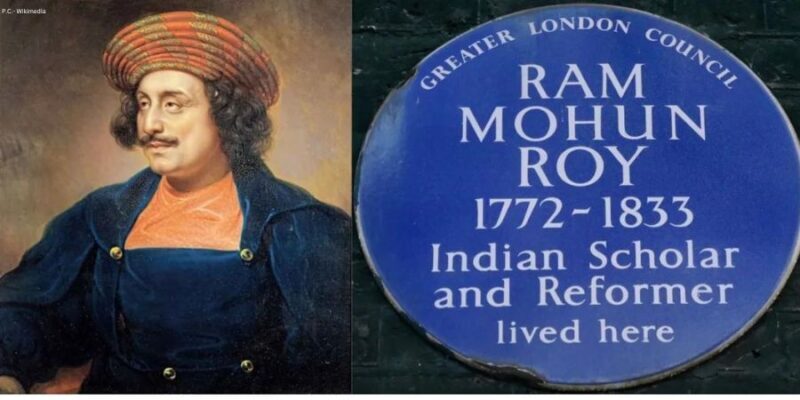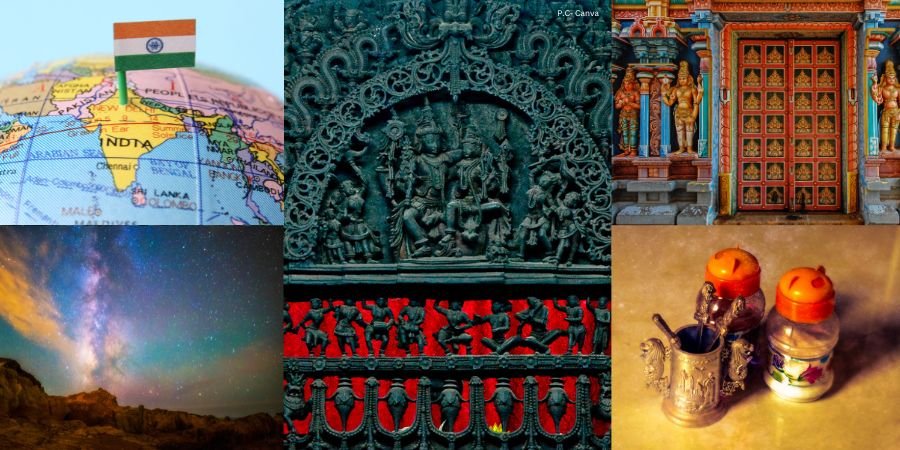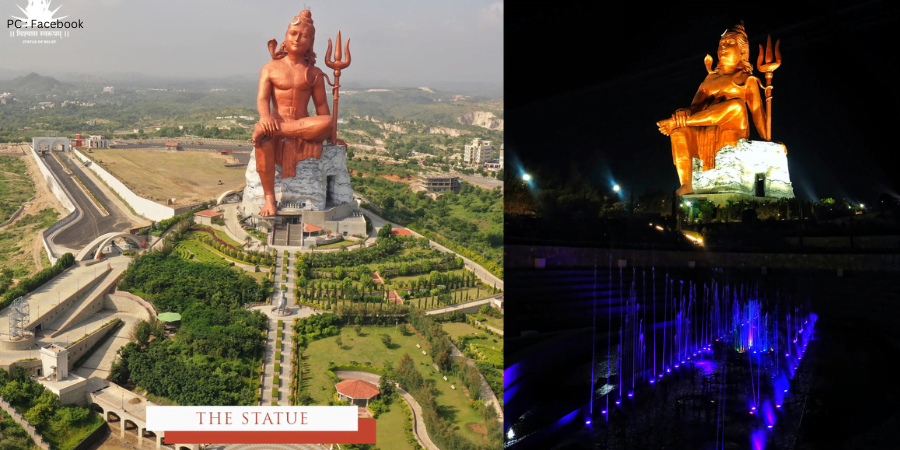Brahmo Samaj a reformist organization founded in the year 1828 knew back then the importance of “Right” knowledge. Many a time we have misjudged our cultural past and society due to a lack of curiosity but not anymore. If you are reading this, your curiosities have brought you to the exact right spot.
Our society is currently suffering from a syndrome that can be called “I know but I don’t know”. We know a lot many things or rather we have excess to too much knowledge but in reality, we know only quite a few things, and that too with a faded memory of 15 seconds just like a scrolling reel.
Just like many other names from our Modern Indian past, a name we have heard of frequently is Raja Ram Mohan Roy but again many of just are just aware of the name but not the contribution. Out of all the people, he must be remembered because he is one of the beginners who believed in the idea of Right and Complete Knowledge.

Who is Raja Ram Mohan Roy?
Actually, the reality is this should even be a question but here is an introduction for a person who needs no introduction. The indefatigable social reformer who ushered in India’s period of enlightenment and liberal reformist modernization, Raja Ram Mohan Roy is known as the father of modern India’s Renaissance.
Ram Mohan Roy placed a strong emphasis on rationalism and the application of contemporary science and was greatly influenced by western modern philosophy.

Despite his belief in Western education, he was disappointed by the ideology of Christian missionaries who tried to prove their superiority over Indian culture and ideology simply by downgrading the Indian social system. The immediate issue confronting Ram Mohan Roy was the social and religious decay of Bengal, his birthplace. He thought that rather than improving the state of society, religious orthodoxies had turned into sources of harm, adverse effects on social interactions, and confusion for the populace.
What Was The Brahmo Samaj Movement?
To address the problems of society and for the upliftment of Indian society socially and politically Raja Ram Mohan Roy established an organization named Brahmo Sabha in 1828 which was later renamed Brahmo Samaj.
Worshiping the eternal God was its main goal. It was opposed to sacrifices, ceremonies, and the priesthood.
It was centered on scripture reading, meditation, and prayer. It held that all religions are one.
In contemporary India, it was the first intellectual reform movement. It caused rationalism and enlightenment to flourish in India, which aided the nationalist movement inadvertently.
It served as the model for all contemporary Indian social, religious, and political movements. In 1866, it divided into two groups: Adi Brahmo Samaj, headed by Debendranath Tagore, and Brahmo Samaj of India, led by Keshub Chandra Sen.
If you wish to read more about our Indian ancient past and don’t know which books to rely on you can also read this article Top 10 Books On Ancient Indian Culture & History
Doctrin Of The Brahmo Samaj
According to the renaissance of Hinduism, all branches and variants of the Brahmo Samaj adhere to the following doctrines:
- Disagree with the authority of all scripture. Avatars are not believed in by Brahmo Samajists.
- It rejects polytheism and idolatry.
- Resist caste-based limitations.
- Brahmo Samajists don’t have to believe in the principles of reincarnation and karma.
Need Of The Movement?
Amidst the Revolt of 1857 and a situation of chaos in the country. Renaissance was required for social and political reform. Nationalism is just not fighting against invading evils it is also righting the evil within and shaping our country in the best way possible.
social evils such as sati pratha and religious hypocrisy were at their peak. They were trying to make their way through the misunderstanding of unaware Indians. In such a situation like this, it was necessary for society to know the actual culture and values of our past. So, reformists tried to spread awareness by setting up organizations such as the Brahmo Samaj and the Arya Samaj.
The Brahmo Samaj operated under the principles of spiritual democracy and sought to eliminate all social evils and immoral behaviors.
Conclusion
Amidst the darkest days in our country, a reformist like Raja Ram Mohan Roy took the lead and showed us the right path. We as people of the land where such great thinkers and reformist have lived their life has a much greater responsibility.
We can do our bits and at least be aware of what has been done so that we, the then future generations can breathe in the air of knowledge. Do your bit and at least Read and be aware of our roots because “The fruits we are today are because of the roots they were then”.



